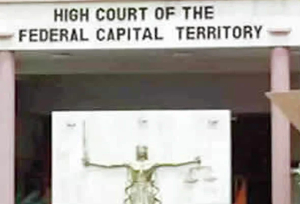Supplementary measures approved by Cabinet to make adjustment to the 2015 budget due to the dramatic decline in crude oil prices as well as the introduction of new taxes announced by President John Mahama in the State of the Nation Address have dire consequences for the cost of living in the country.
As a result of the decision, government has put a freeze on funding for new projects and loans, with negative consequences for companies.
The country is required to aggressively reduce public spending under a possible fund programme likely to come in April, following the conclusion of talks with IMF staff mission.
In addition, an adjustment of the Energy Fund Levy on Petroleum Products from Gp0.05 to Gp1.0, part of which would be used to establish the Renewable Energy Fund, is expected to result in increases in the prices of petroleum products.
The government has also planned to introduce an ancillary service charge of Gp1.0 per kWh of electricity transmitted, which will also increase charges for electricity.
Also, subsidies on petroleum products, totalling GH?50 million, are expected to be scrapped as part of the bailout plan.
The scrapping of these subsidies is likely to inch up petroleum prices for 2015, irrespective of changes in the price of petroleum prices on the international market.
Ghana is expected to receive $100 million as the first tranche of bailout funds from April under IMF when the board approves the programme.
The request is likely to be approved by the IMF board because of progress made so far by government on conditions set out in the bailout programme and work done so far by the staff mission on Ghana's request.
The $100m fund that will be disbursed in April is part of a total $940 million that the country is going to receive under the programme.
Ghana is expected to get about $2 billion from the country's donor partners aside the $940 million it is going to get from the IMF, totalling almost $3 billion.
According to the IMF, Ghana's programme is expected to go through 2017 to the end of 2018.
Business News of Tuesday, 3 March 2015
Source: The Finder













